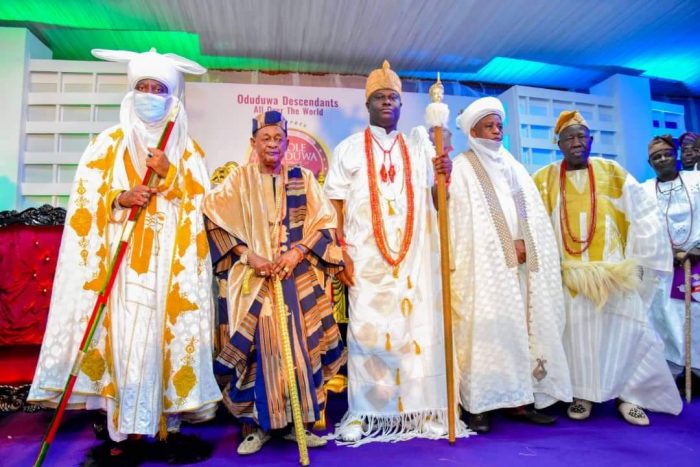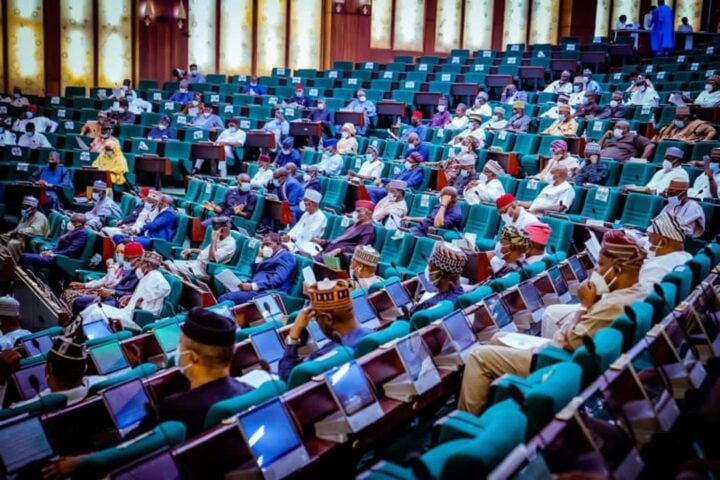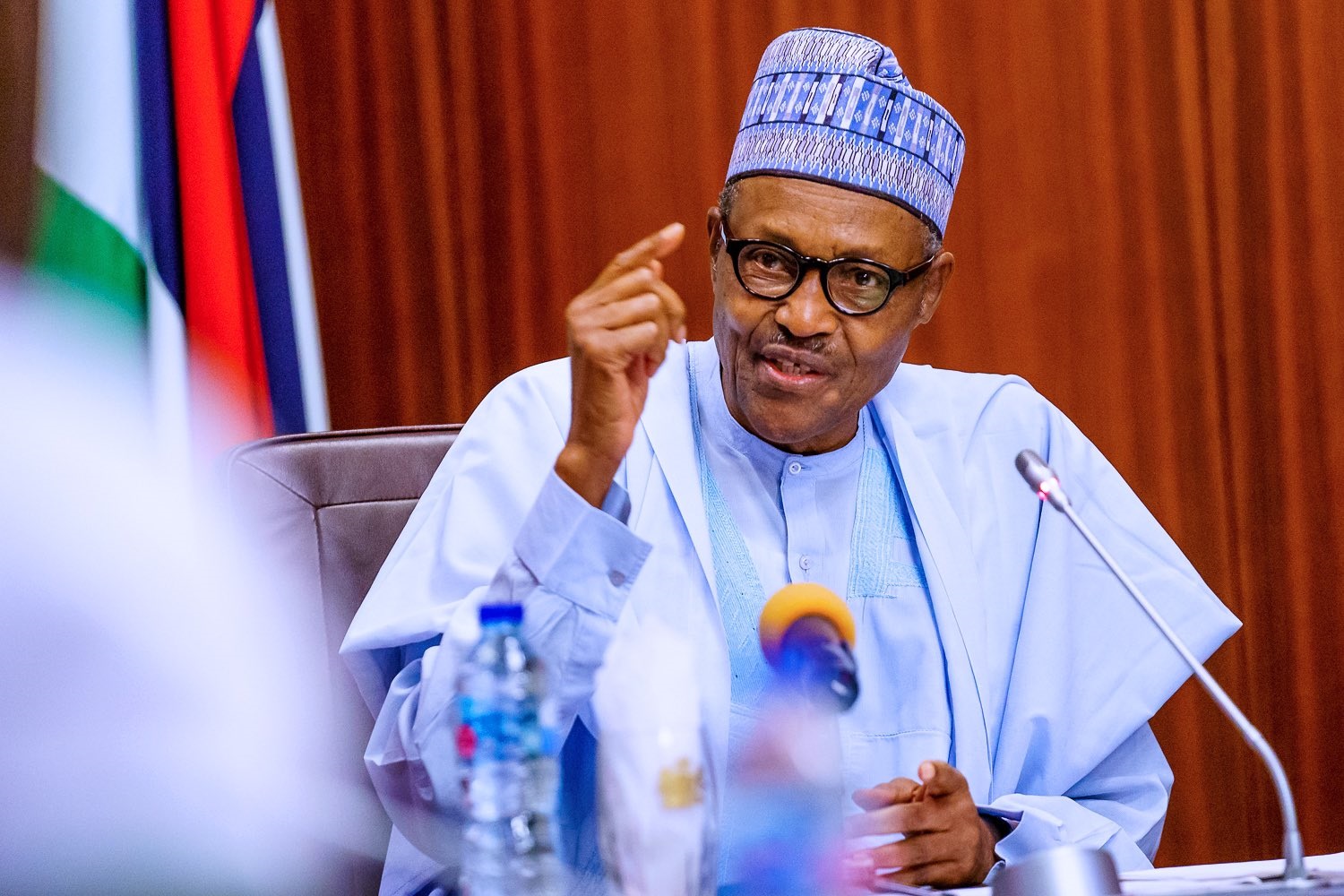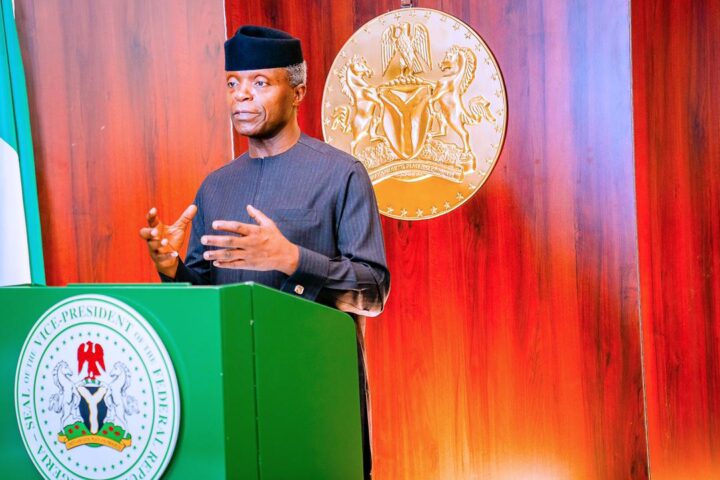The National Council of Traditional Rulers has demanded to be recognised in the 1999 constitution being amended by the national assembly.
In a memorandum presented to the senate on Thursday, the monarchs said insecurity and corruption persist in the country because they were stripped of their powers by previous heads of state.
The memo was presented to the senate ad hoc committee on 1999 constitution review when they received the leaders led by Sa’ad Abubakar III, sultan of Sokoto.
Represented by Yahaya Abubakar, etsu of Nupe, Abubakar said “lives were sacrosanct” while “accountability and honesty were the hallmarks” of the society when the the traditional institution was recognised at the federal level.
Advertisement
He said before the 1976 local government reforms, “there were never any recorded serious incidents of religious, ethnic or land related conflicts where hundreds of lives were lost as is obtained nowadays.”
“General Ironsi’s 1966 unitary government decree, General Gowon’s and General Obasanjo’s 1967 and 1976 local government reform decrees respectively, stripped traditional rulers of their powers and gave the same to the local government councils thereby giving birth to the present insecurity and corruption,” he said.
“The 1999 constitution, however, totally ignored the existence of traditional rulers and did not find it fit to include even the chairmen of states council of chiefs as members of the council of state
Advertisement
“There is currently no law at federal level or a constitutional provision recognising the Nigerian Traditional Institution.”
The sultan urged the national assembly to amend the 1999 constitution to create roles for traditional rulers “in matters involving religion, culture, security, justice and other ancillary matters.”
He specifically called for provisions that mandate states to “enact laws to cater for specific peculiar matters relating to traditional rulers” and also recognise the chairmen of each state’s council of chiefs as members of the council of state.
Advertisement
1 comments








It’s true to some extent. But the major issue is that most of you politicize your office. You are totally involved in politics, even more than non-traditional persons.